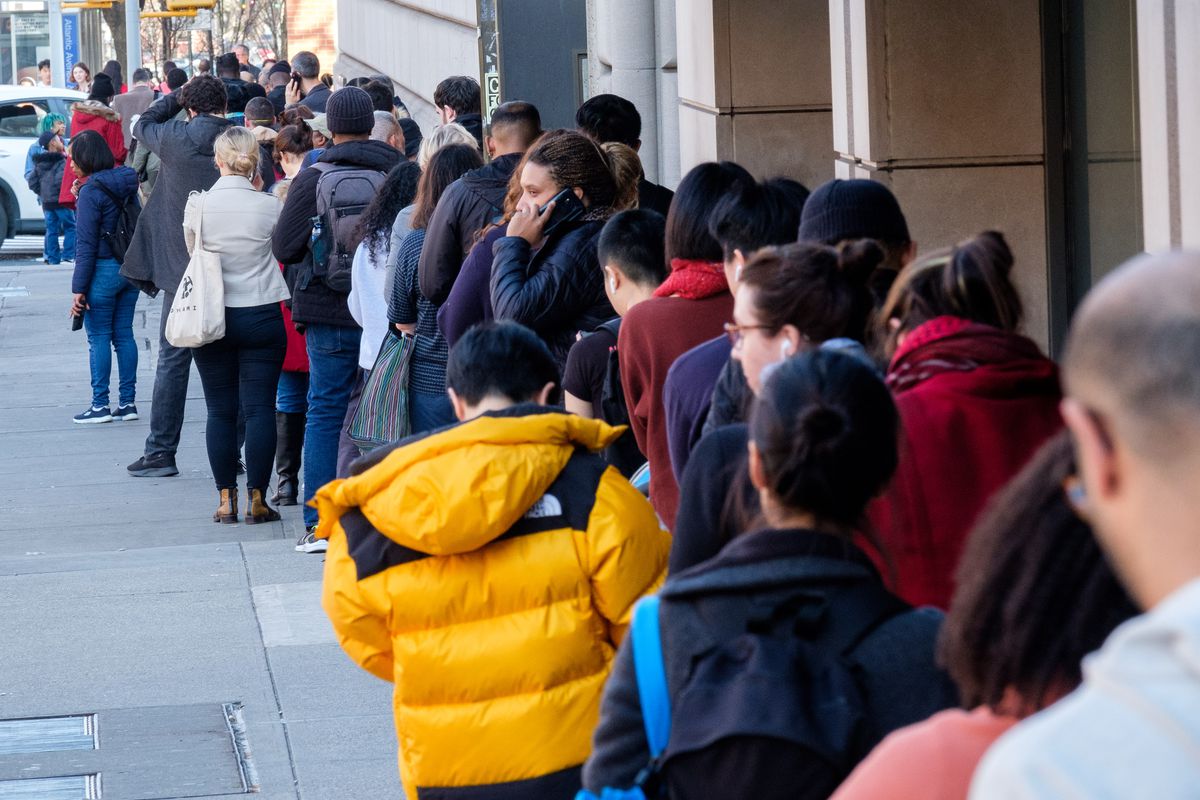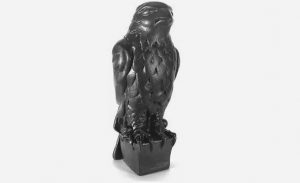By far, though, the most obvious emotion that we share with those who lived through the Great Depression is fear. During the 1930s, Americans had more to fear than, as Franklin Delano Roosevelt famously and somewhat blithely put it in his First Inaugural Address, “fear itself.” Most of all, they had poverty to fear, either because they had lost or might lose their job — unemployment peaked at 25% in 1933 — or, in a country where more people farmed than worked in factories, because they could not fetch adequate prices for their crops. Most of us may no longer live on farms, but we, too, fear what the pandemic will mean, or has already meant, for our livelihoods. We, too, fear poverty.
The Great Depression’s sequel? What the coronavirus crisis and the 1930s do and don’t have in common

Prepare Now Before its too Late
Discover where products are available & compare prices







